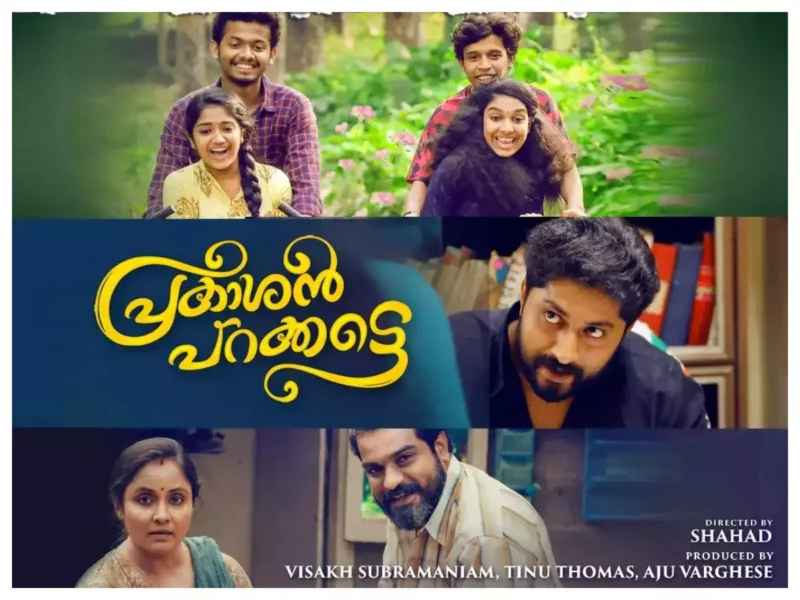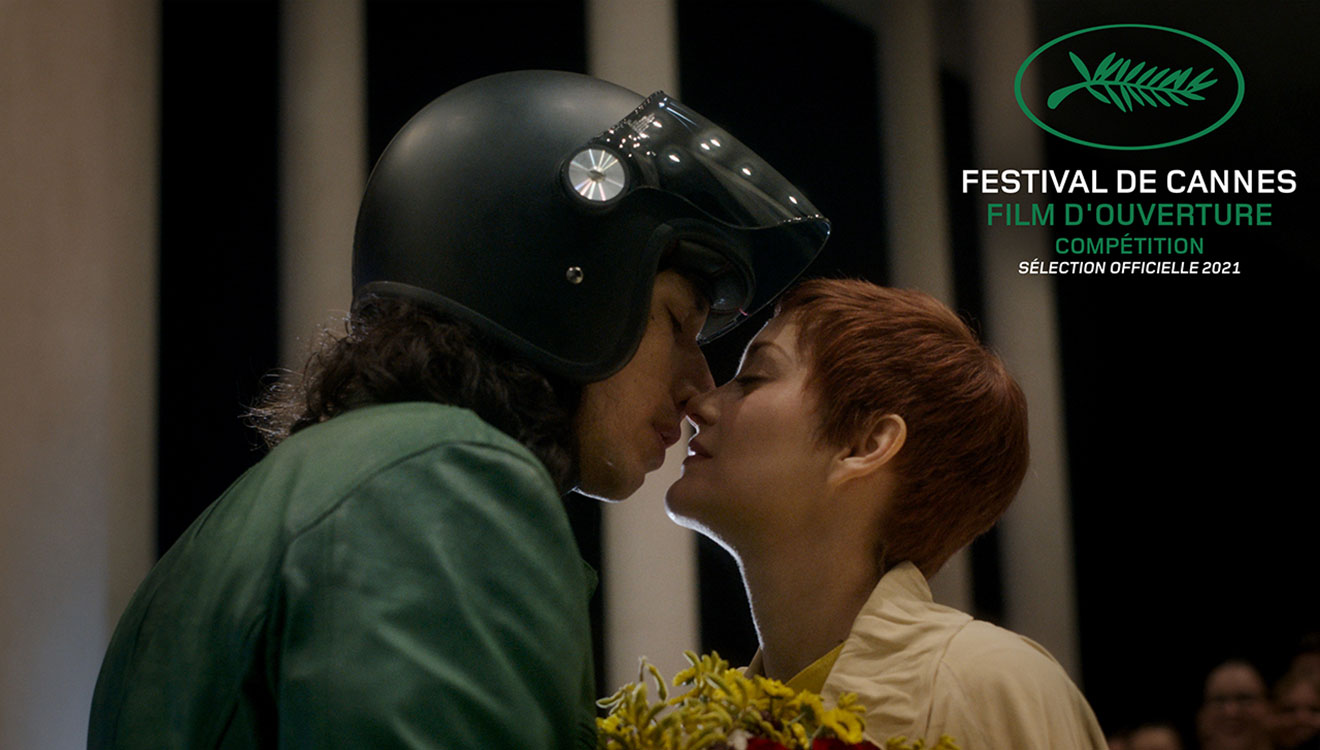Dhyan Sreenivasan, the younger son of veteran actor-writer-director Sreenivasan, seems to have an unhealthy penchant for male protagonists who are exactly the kind of anti-social loafer he animatedly describes himself to be in media interviews.
Prakashan Parakkatte, his latest work as a writer, is centred on a punchable teenager who specialises in lying through his teeth. He who had been avoiding work and any form of self-discipline all his life join a tuition centre one day to further his obsessive pursuit of a pretty girl. He boldly photographs her in the classroom using his new mobile phone (there is a vulgar little story about how he bought the phone) and when she mildly protests, he tells her, “I will photograph anything I find to be beautiful”. She feels flattered. The film, set up like a coming-of-age drama, cheapens first love into something very commercial and ugly. The boy is a buyer, and the girl, the product on display, waiting to be appreciated by the former.
Throughout the film, Dhyan and his director Shahad Nilambur reiterate that Das, despite his irredeemable qualities, deserves to be pardoned and cheered solely for his gender. His father, Prakashan (Dileesh Pothan), a small-time local grocer, affectionately tolerates him. The film does that too, trying to pass off his perversion as the kind of good-hearted simplicity one usually attaches to small towns. “He is a boy. He will look after us when we are old and tired,” says Prakashan to his worried wife (Nisha Sarang) in an early scene. Counterintuitively, this scene explains how traditional parenting, steeped in the norms of patriarchy, contributes to the pressing gender issues in India.
While the thriving career of Dhyan, who has been actively engaged in Malayalam cinema for almost a decade in various roles despite his searing lack of talent, is a wonder in itself, films like Prakashan Parakkatte signify something elemental about the Malayalam film industry. How does a film like this, so poor in content, a spitting image of its obnoxious protagonist, get green-lit? It rides on the audience’s newly-developed taste for suburban coming-of-age dramas. The setting might seem rooted and real at first glance, but it is not difficult to see through it and spot the plastic. Consider the morning scene where Prakashan goes around his house and finds a fallen coconut. You could almost “see” the assistant director who placed the fruit in that yard, where there is no coconut tree in the vicinity. It is in a similar spirit the film assumes that the 7-year-old Akhil (Ritunjay Sreejith, the best actor in the cohort), an intelligent boy who paints and talks like a semi-adult, likes to watch a well-known Malayalam cartoon tailor-made for infants. The worldbuilding in Prakashan Parakkatte is mindless, unlike what you see in films of Dileesh Pothan or Gireesh AD where the characters are inseparable from their surroundings.
Recommended
Das’ uncle (Saiju Kurup), a local vlogger, is introduced through a scene where he is semi-naked in a public bath, cat-calling and teasing women who, oddly, seem to enjoy this show of perversion. Scenes and characters like these were a staple in the 90s’ popular Malayalam cinema that did not try to challenge the notion that women were the second sex in a world run by men. Dhyan’s protagonists, Das or Love Action Drama’s Dinesh, are acutely aware of the gender privilege that they exploit to their full potential. The films treat these men with kid’s gloves, laughing off their missteps and cheering their attempts at one-upmanship. And worse, these protagonists are the film. It has no compelling narrative or a plot but just the unpleasant sight of these men fiddling around. In Prakashan Parakkatte, Das’ wayward life comes to a standstill not as a consequence of his actions but as an accident. Neither the film nor Das gains a fresh perspective from his incident, evidently forced into the narrative.
Of all the mediocrities Shahad and Dhyan bring into the film, the abhorrent is their twisted sense of humour. The film teems with jokes that fall flat. A teacher sexually abusing a minor student is forcefully turned into comedy, not once but twice. Even the most earnest members of the audience who identify with Das’ waywardness should find this level of obnoxiousness testing.
*****
This Prakashan Parakkatte review is a Silverscreen original article. It was not paid for or commissioned by anyone associated with the movie. Silverscreen.in and its writers do not have any commercial relationship with movies that are reviewed on the site.



